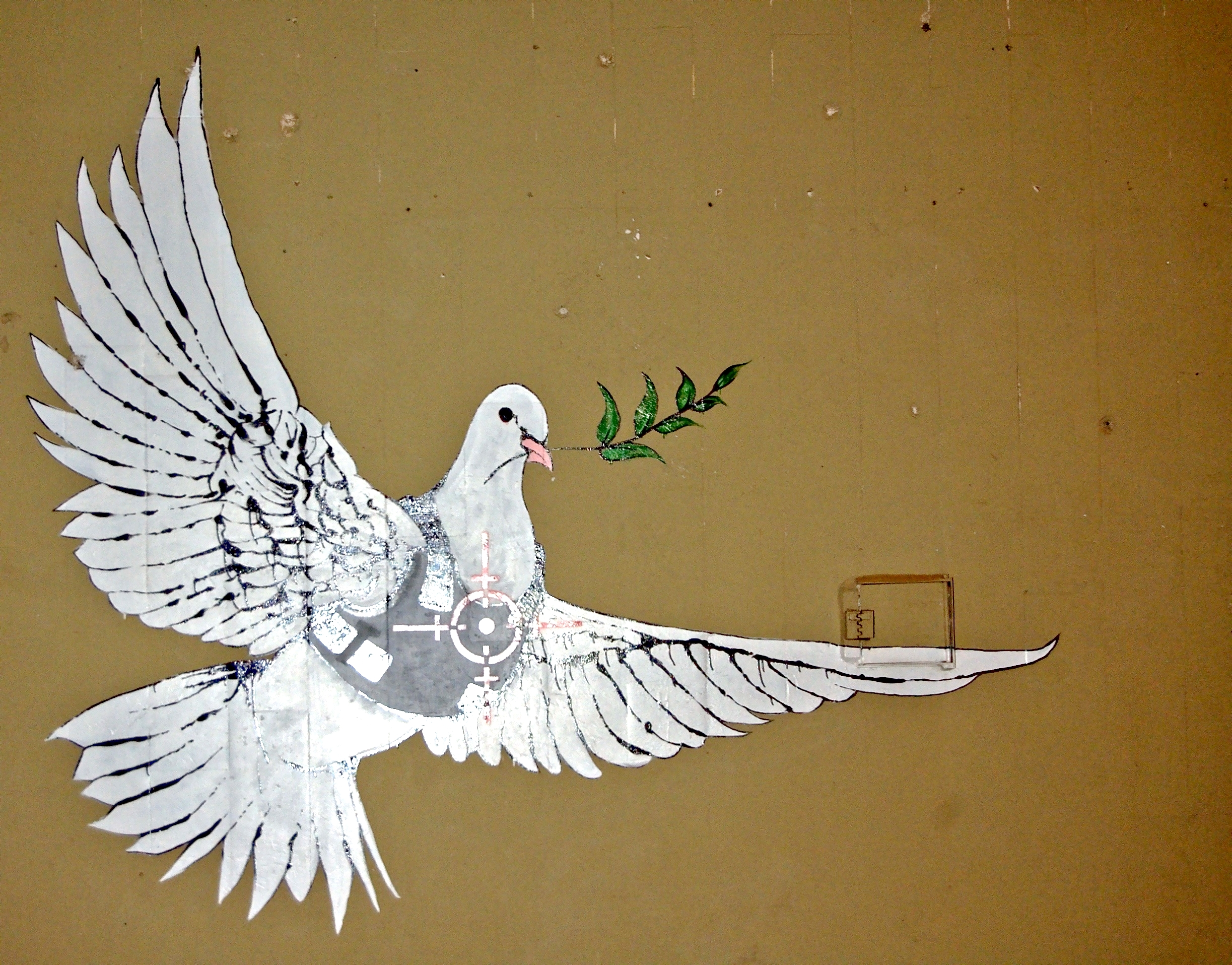
What to Do When Negotiations Are Premature: Learning From the 2013-2014 “Kerry Initiative” in Israel/Palestine
The Israeli/Palestinian peace process facilitated by U.S. Secretary of State John Kerry in 2013-2014 failed for various reasons.

Teaching War and Peace Through Podcasts
Developing podcasts helps students humanize the study of war and peace, as they contend with the concrete ways in which conflicts manifest themselves in the lives of real human beings.
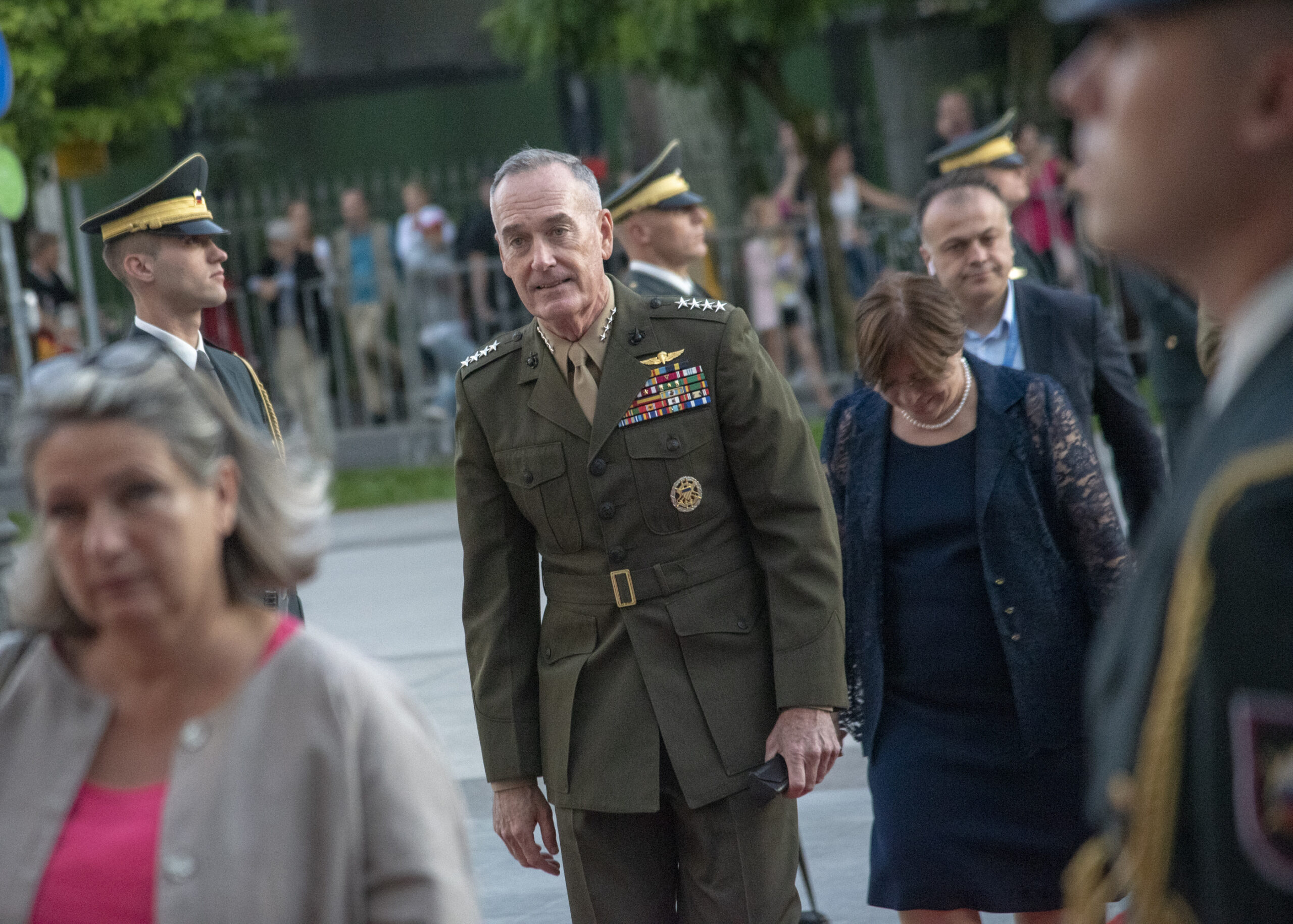
Gender Advisors in NATO Militaries
Assuming they have adequate resources, gender advisors can achieve incremental success in integrating the Women, Peace and Security agenda into the institutional structure of the military.
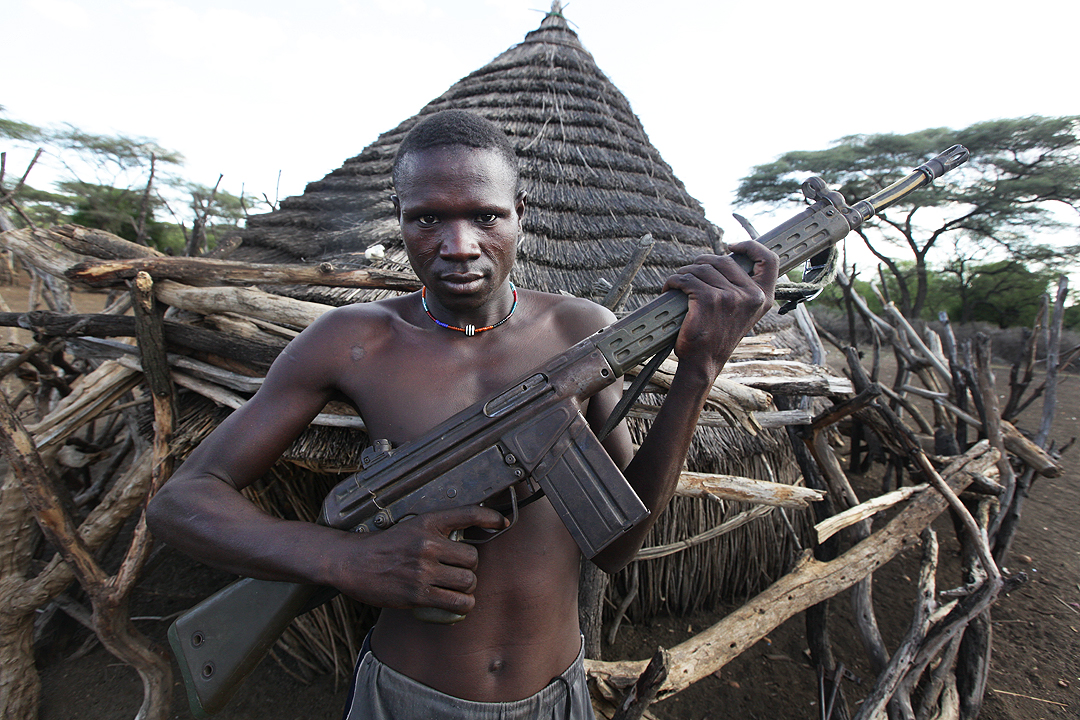
Lessons Learned From Unsuccessful Conflict Intervention Strategies in South Sudan
An approach to peacebuilding that focuses solely on elections, democracy, and power-sharing is not adequate and needs to be supplemented by reconciliation and relationship-building processes to facilitate a more sustainable peace.
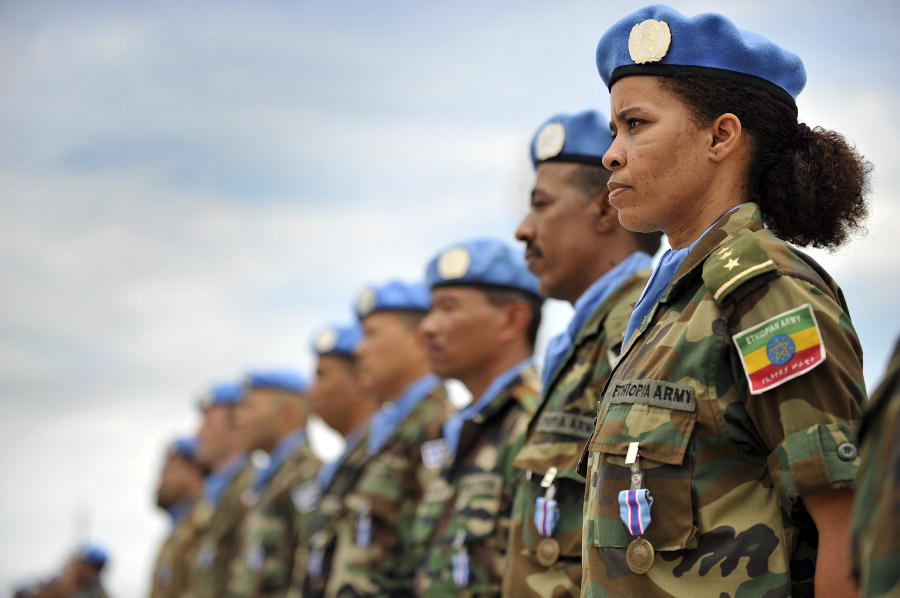
Assessing Armed and Unarmed Approaches to Peacekeeping
Unarmed civilian peacekeeping (UCP) has successfully engaged in the tasks traditionally associated with peacekeeping, demonstrating that peacekeeping does not require military personnel or the presence of weapons to carry out its violence prevention and civilian protection functions; furthermore, UCP can fulfill these functions in a way that also addresses some of the shortcomings of armed military peacekeeping.

Civics Textbooks, Peace Education, and Peacebuilding in Sri Lanka
While Sri Lankan civics textbooks affirm global norms around peace and citizenship education in the abstract, they also simultaneously contradict and/or undermine these in various ways in service of the government’s agenda.
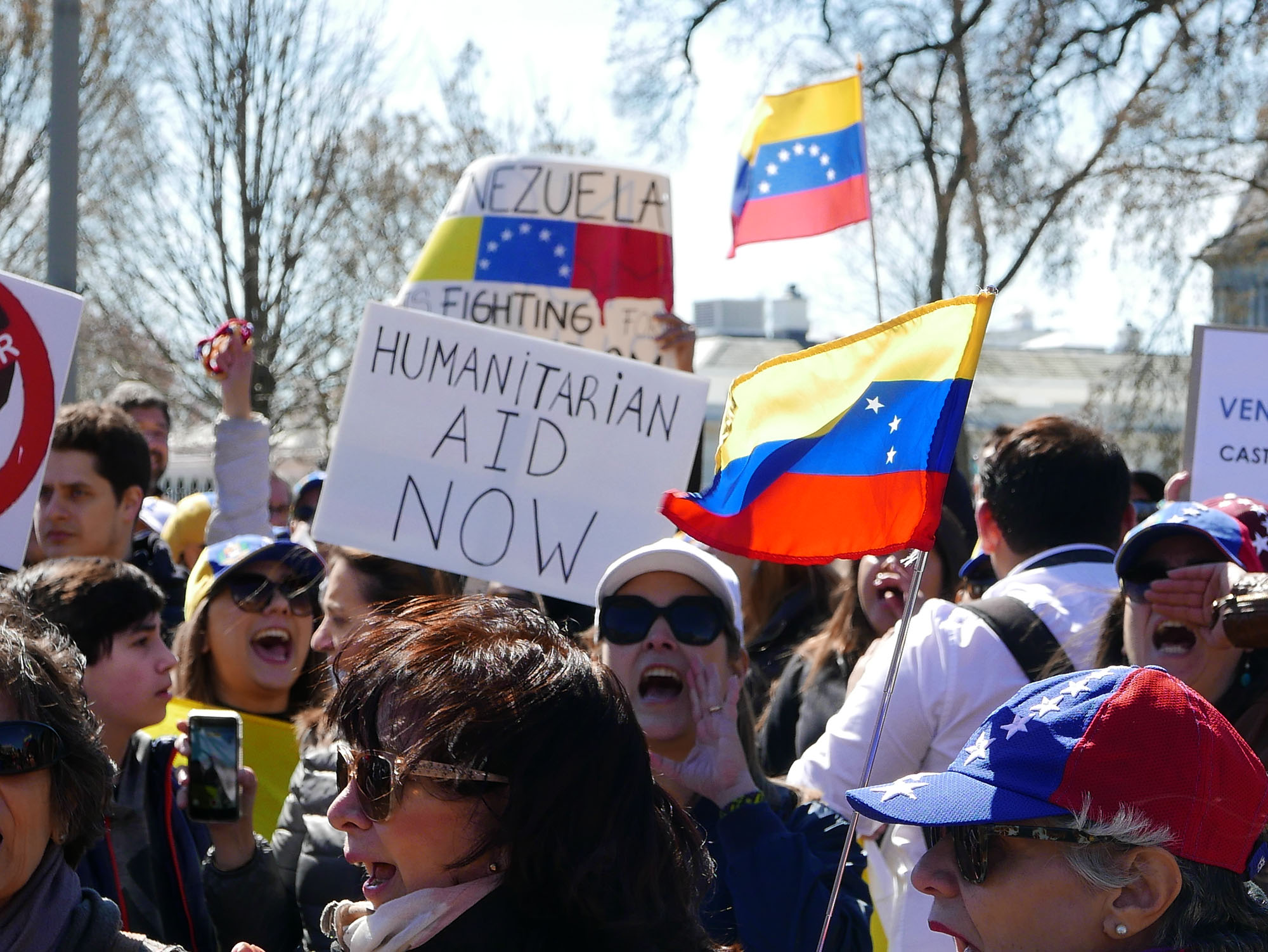
What Drives Public Support for Humanitarian Interventions?
In the United States, military interventions conducted for humanitarian objectives receive significantly higher public support than interventions serving security interests.
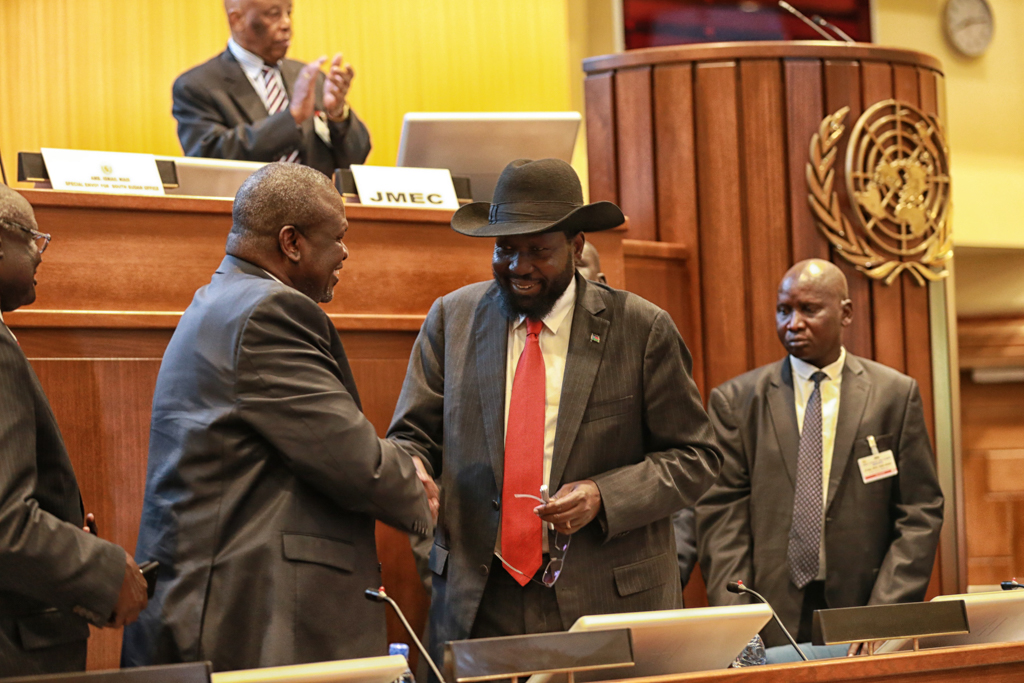
Exploring the Complexities of Peace Agreement Design
More complex peace agreements with a greater number of provisions correspond with a greater probability of failed implementation and of armed conflict recurrence.
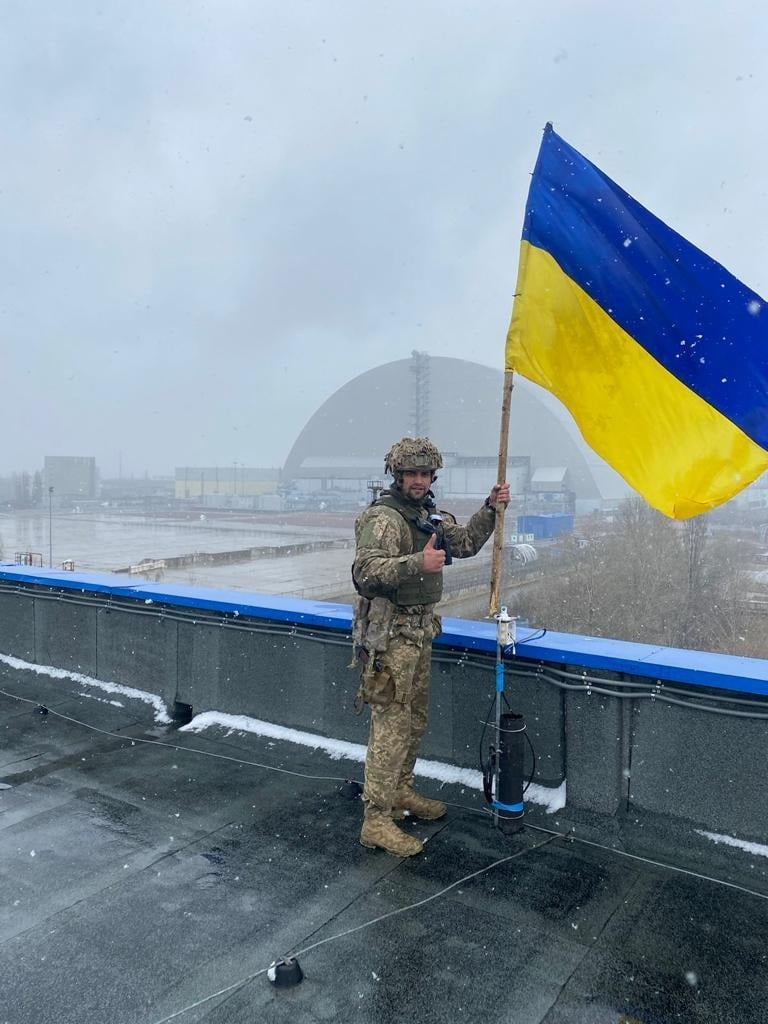
Weaponized Sexuality: Sexist and Homophobic Propaganda During the Russo-Ukrainian War
When supplemented with the promise of reseating Russia as a great world power, propaganda infused with state-sanctioned homophobia and praise for the traditional “macho” masculine ideology has successfully maintained public support for Russian military action against Ukraine.
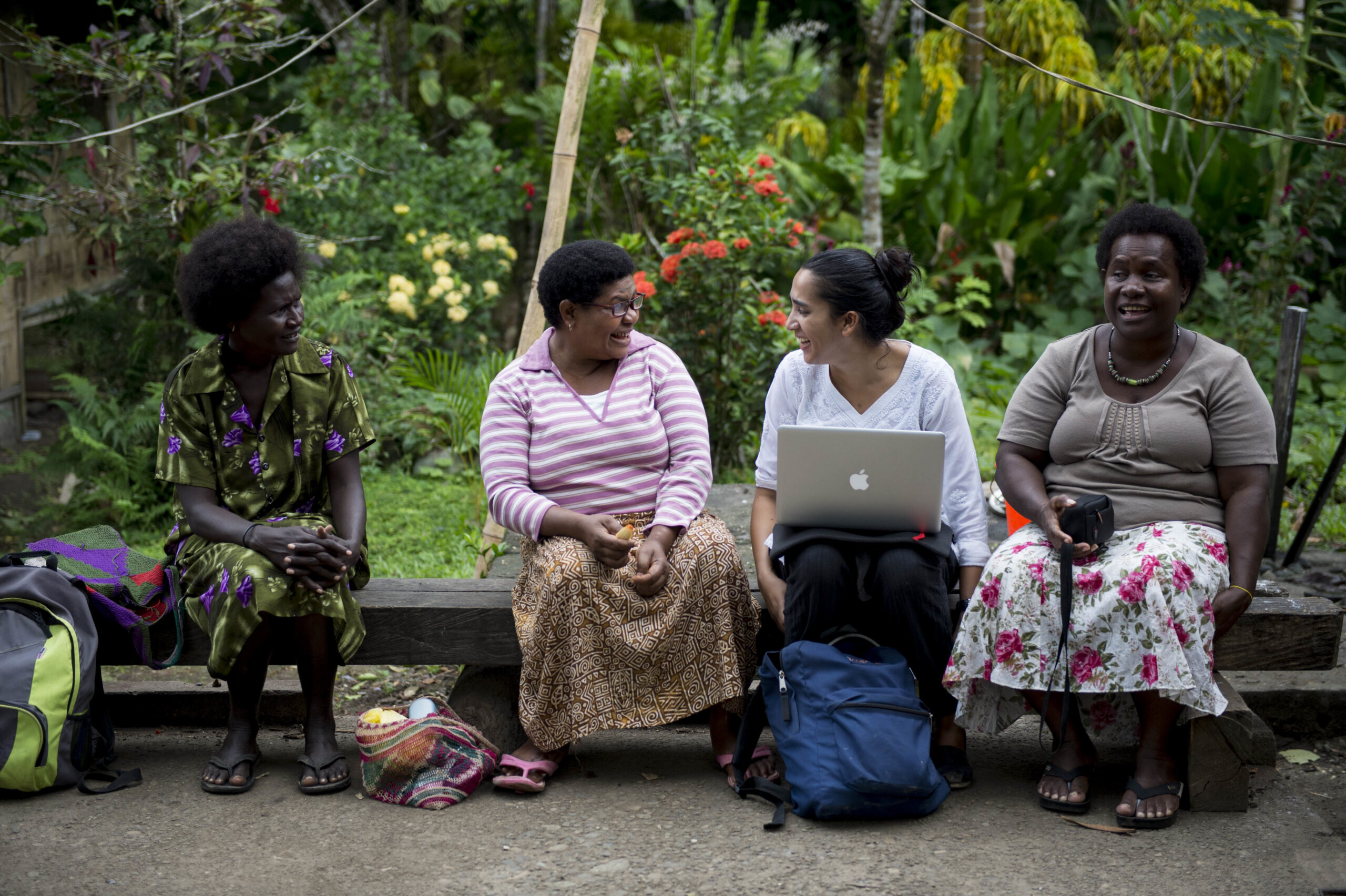
Global/Local Interactions and Women’s Participation in Conflict and Peacebuilding in Bougainville
In the case of Bougainville, women leaders emphasized their peacebuilding role in the conflict, drawing on both local customs and norms—like their “maternal responsibility”—and global norms enshrined in UNSCR 1325 to buttress their participation in peace work.
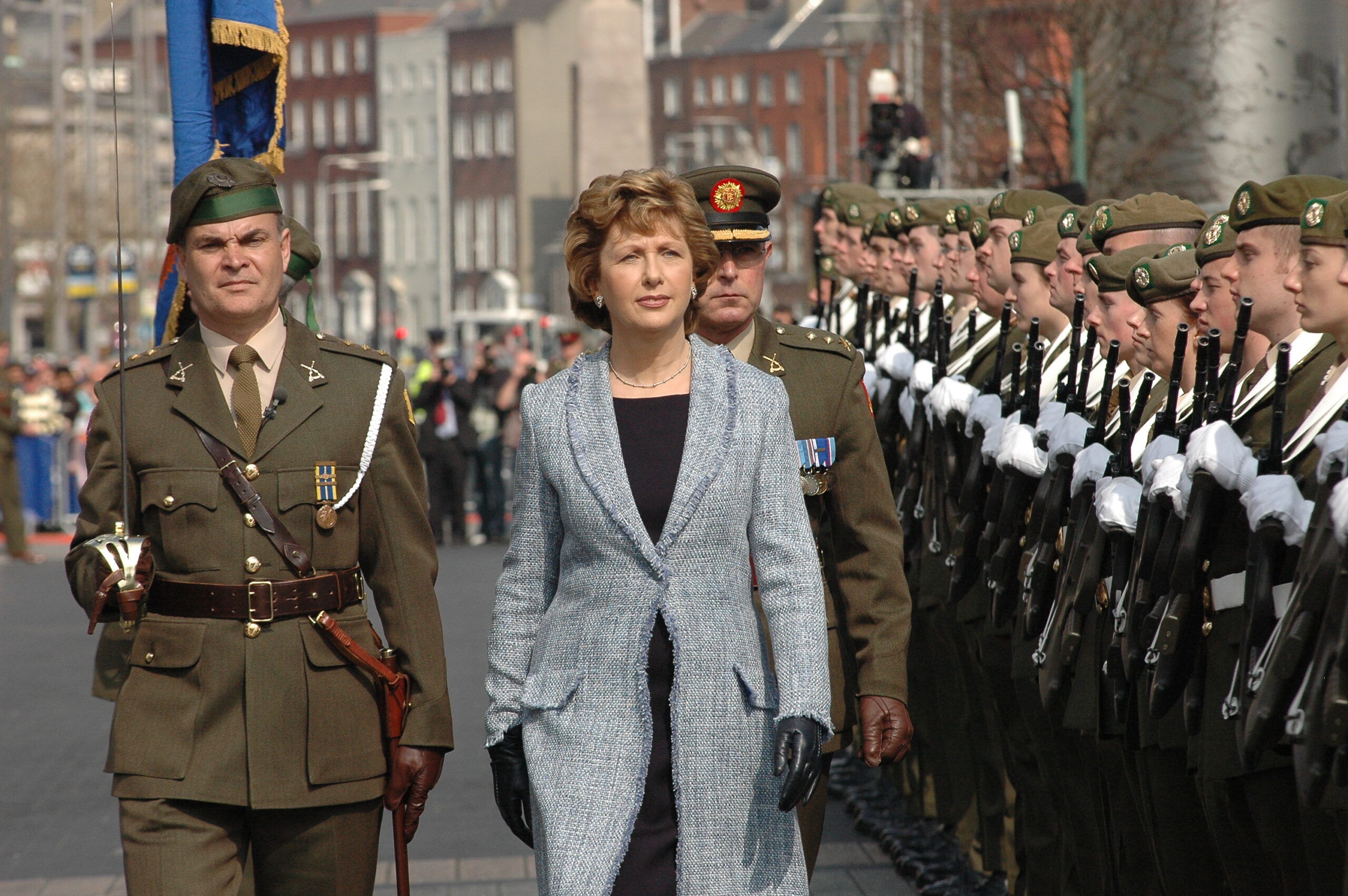
Challenges Implementing the Women, Peace, and Security Agenda in EU Peacekeeping
Planning staff in EU peacekeeping and crisis management missions maintain traditional understandings of security as a gender-neutral domain in relation to which “gender issues” are seen as an afterthought—not as essential to security work itself
